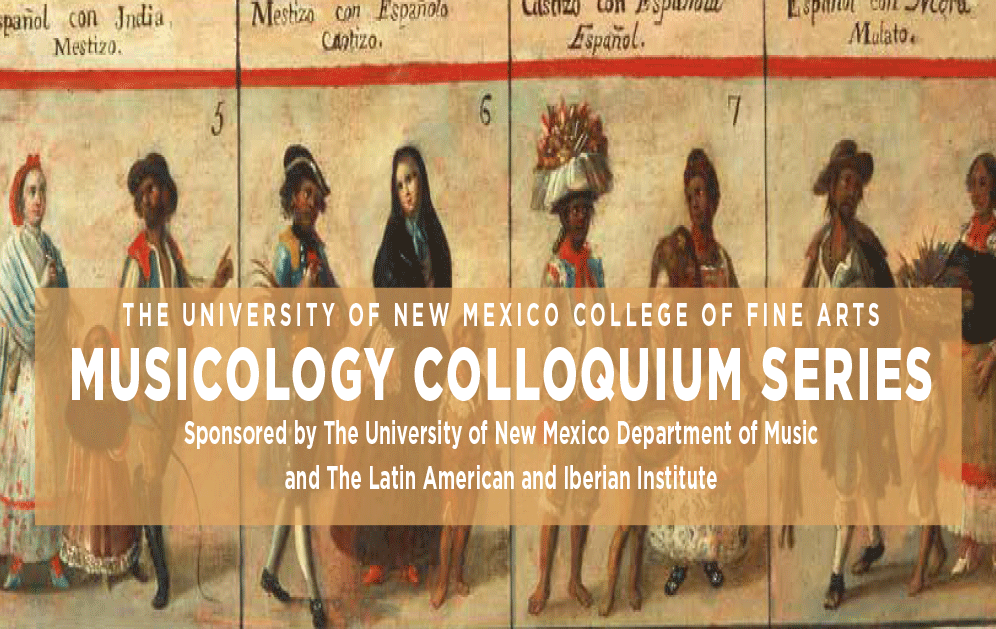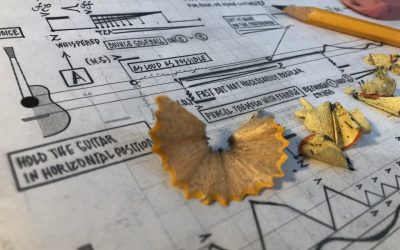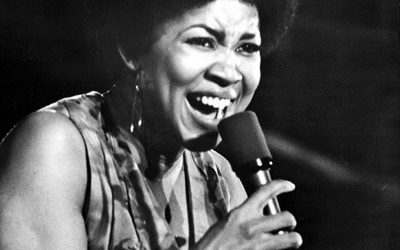Date of event: Thursday November 14, 2019
Time and Location: 2:00-3:30pm, LAII Conference Room
Description: In New Spain, an institutional structure of merit and promotion hinged on the idea of reason as an intrinsically European attribute. This attribute differentiated ‘Europeans’ from people of mixed race claiming European status based on their skin complexion. Given the affective impulses permeating ideas about reason in New Spain, this paper considers reason in light of musico-phenomenological strategies that racialized subjects used to re-write their bodies. Such process problematizes the philosophical purview of the Enlightenment’s civilizing mission, and the historical narrative of its political project.
Biography: The work of Professor Jesús Ramos-Kittrell analyzes the relationship of cultural phenomena to the socio-political structures that organize and co-produce them. Such processes interrogate power asymmetries affecting issues of social, political, and cultural representation. His published work covers the early modern period in the Americas and more current cultural analyses of globalization. Previously, Dr. Ramos-Kittrell has served as joint faculty of musicology, ethnomusicology and Latin American Studies, at Tulane University and Southern Methodist University. He is currently assistant professor in residence of musicology at the University of Connecticut.
Sponsors: The University of New Mexico Department of Music and The Latin American and Iberian Institute
Music, Emotion and Fish with Dr. David Bashwiner Part 2
Music, Emotion and Fish with Dr. David Bashwiner Part 2 We are back, with Part 2 of ‘Music, Emotion, and Fish’. If you haven’t had the chance to listen to Part 1, you can click back to Episode 15, Dr. David Bashwiner was just getting to his work on the Midshipman...
Dr. José Luis Hurtado awarded prestigious Guggenheim Fellowship
Composer and pianist José Luis Hurtado, an associate professor in The University of New Mexico’s Department of Music in the College of Fine Arts, is one of the 2020 winners of the prestigious Guggenheim Fellowship.
You Can’t Tell It Like I Can: Black Women, Music, and the Struggle for Social Justice in America
This lecture/performance explores how black women have used music as a method of shaping the public rhetoric and sentiment surrounding the black civil rights struggle in America. Through a historical framework that moves through the height of the abolitionist movement, the Popular front during the 1930s and 1940s, the frontlines of the direct action campaigns of the 1960s, and the proliferation of the Black Power movement in the 1970s.




